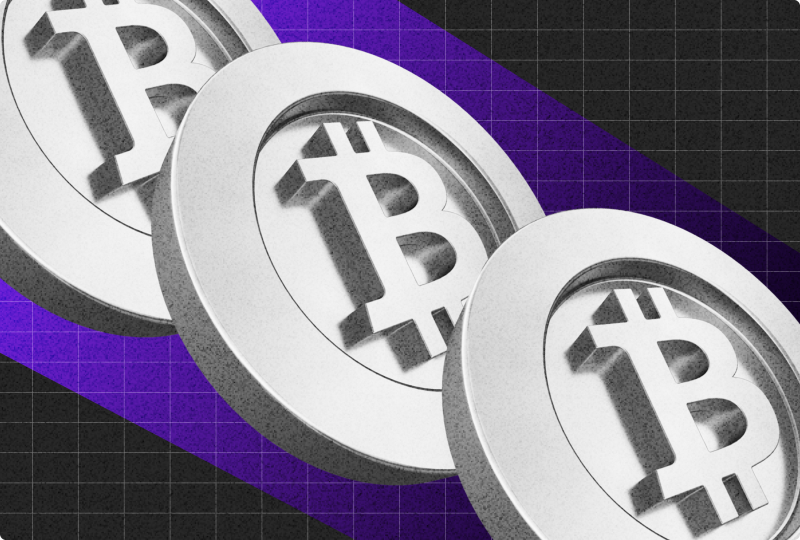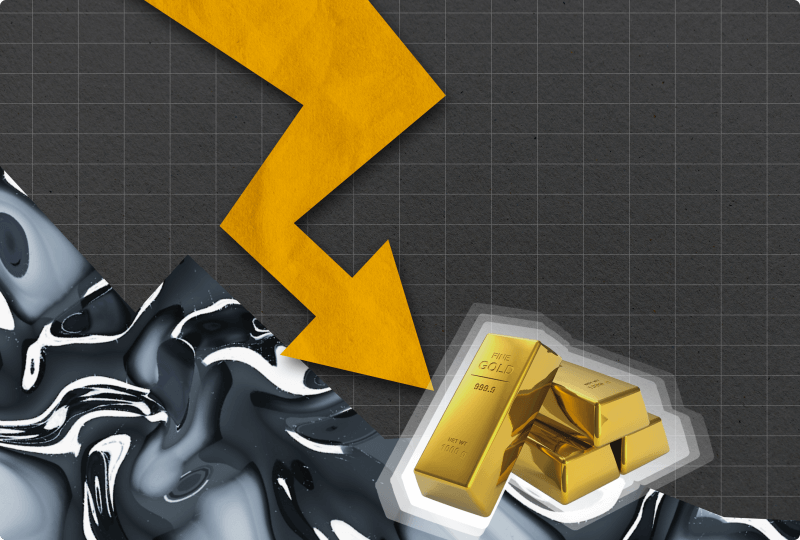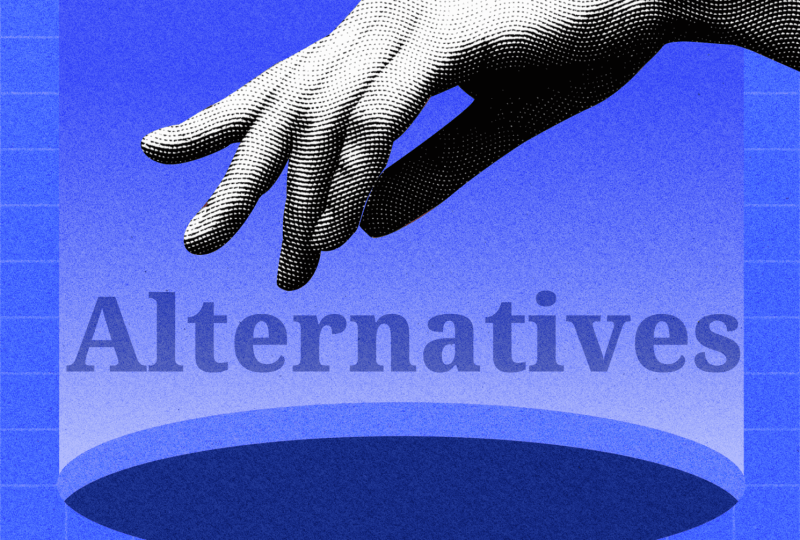Is Bitcoin the New Gold? Central Banks Consider Bitcoin as a Reserve Asset
Oct 28, 2024

In a groundbreaking development for the cryptocurrency industry, the Bitcoin Policy Institute has released a comprehensive paper examining Bitcoin’s potential as a central bank reserve asset.
The research comes at a crucial time when traditional financial institutions are increasingly considering digital assets as a hedge against economic uncertainties. Its decentralized nature, scarcity, and global acceptance make it an appealing choice for countries seeking alternatives to traditional reserve assets.
Traditionally, central banks have relied on a basket of assets, including gold, foreign currencies, and government bonds, to maintain financial stability. These assets offer stability, liquidity, and a hedge against inflation. However, with concerns about rising inflation and the potential devaluation of fiat currencies, central banks are starting to look beyond traditional options.
Bitcoin and Central Bank
Bitcoin presents several attractive features for central banks seeking to diversify their reserves.
Scarcity: With a limited supply of 21 million coins, Bitcoin boasts a level of scarcity unmatched by most traditional assets. Unlike fiat currencies, which central banks can print, Bitcoin’s fixed supply adds a level of scarcity that appeals to those concerned with inflation. This characteristic positions Bitcoin as a hedge that central banks could use to shield their reserves from inflation’s effects, similar to how gold has functioned for centuries.
Decentralization: Bitcoin operates independently of any central authority or government influence. This decentralization could appeal to central banks seeking to hedge against geopolitical risks or potential manipulation of fiat currencies.
Transparency: The Bitcoin network is completely transparent, with all transactions publicly recorded on the blockchain. This level of transparency could be valuable for central banks aiming for increased accountability in their reserve management.
Political Momentum Builds
The concept of Bitcoin as a reserve asset has gained significant political traction, particularly in the United States. Senator Cynthia Lummis recently introduced the Bitcoin Strategic Reserve Bill, proposing an ambitious plan to acquire 5% of Bitcoin’s total supply for the U.S. Treasury.
Former President Donald Trump’s recent endorsement at the Bitcoin 2024 conference in Nashville has further legitimized the concept, suggesting Bitcoin’s potential role in addressing national debt concerns.
Central Bank Perspectives
While El Salvador remains the only nation officially holding Bitcoin as a reserve asset, experts suggest other countries may be quietly exploring similar strategies. The Bitcoin Policy Institute’s research indicates that a strategic Bitcoin reserve allocation would range from 2% to 5% of total reserves.
MicroStrategy CEO Michael Saylor has compared the Bitcoin strategic reserve initiative to the historic Louisiana Purchase, highlighting its potential long-term impact on national wealth preservation.
Additionally, financial experts argue that Bitcoin’s integration as a reserve asset could signal an important shift in central bank policy, where Bitcoin could counterbalance existing reserves, such as the dollar.
Challenges and Considerations
Despite growing interest, some experts urge caution, and several challenges need to be addressed before widespread adoption by central banks becomes a reality:
- Bitcoin’s price is still subject to significant volatility, which could make it a risky proposition for central banks seeking stability.
- The current transaction processing capacity of the Bitcoin network is limited, potentially hindering its ability to handle large-scale central bank transactions.
- The regulatory environment surrounding Bitcoin is still evolving. Central banks would likely require clear guidance and regulations before considering it a viable reserve asset.
The report acknowledges that Bitcoin and gold allocations may not suit every central bank’s needs. However, as traditional financial systems face increasing pressures from inflation and geopolitical tensions, Bitcoin’s role as a reserve asset continues to gain credibility.
Future Outlook
As more institutions consider Bitcoin as an alternative for reserve, the cryptocurrency’s position in the global financial system appears increasingly secure. The combination of political support, institutional adoption, and growing recognition of Bitcoin’s hedging properties suggests a potential shift in how central banks approach digital assets in their reserve strategies.
Will Bitcoin become the new gold? Only time will tell, but one thing is sure: the conversation around Bitcoin as a reserve option is a significant development with the potential to reshape the global fiscal industry.




